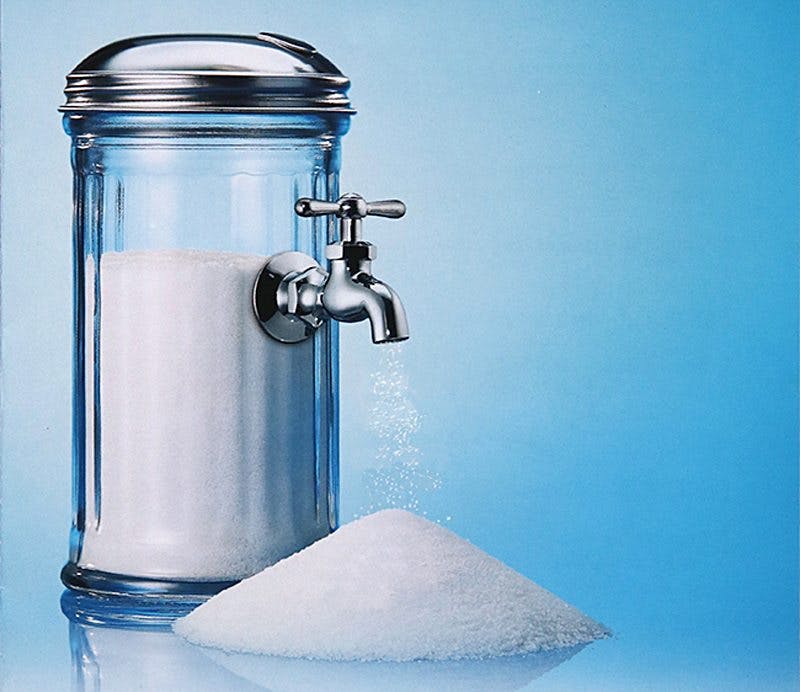The first drug to reduce mortality in type 2 diabetes revealed! And it’s low carb in a pill!
Finally there’s a drug that can help people with type 2 diabetes live longer and healthier lives.
As incredible as it sounds most drugs in type 2 diabetes – like insulin – only helps to control blood sugar. They don’t actually improve the disease or help patients live longer. Sometimes they even make things worse.
Yesterday at the huge diabetes conference in Stockholm that changed. Results from a large trial shows that the drug Jardiance can help people with diabetes get less heart disease AND live longer (besides lowering blood sugar, blood pressure and even helping people to lose weight).
- NYT: Jardiance, a Diabetes Drug, Cut Cardiovascular Deaths by 38%, Study Says
- LATimes: Diabetes drug drives down fatal heart attacks, strokes, study finds
This is massive news for anybody interested in type 2 diabetes. And it makes perfect sense.
While other drugs are trying to hide the problem in type 2 diabetes (too much sugar in the body), Jardiance and other similar SGLT2-inhibitor drugs try to get rid of the problem. They increase the loss of glucose via the urine, by making people pee out up to 70 grams per day of the carbohydrates they eat.
Of course you can likely get the same or even stronger effect – and avoid all of the side effects – by simply not eating the carbohydrates in the first place. But hey, nobody can make money selling that. Read free advice on how to do it.
Earlier
I wrote about a similar drug (Farxiga) two years ago: Low-Carb Diet in a Pill – A Good Idea?
